Table of Contents
- Palace declares April 21 regular holiday in celebration of Eid’l Fitr ...
- DILG, nakikiisa sa pagdiriwang ng Eid al-Fitr - Radyo Pilipinas
- Eid Al Fitr 2024 Philippines Proclamation - Jeanne Doralyn
- National holiday ang May 3 bilang selebrasyon ng Eid'l Fitr | PEP.ph
- Eid Adha 2024 Philippines Proclamation - Quinn Kerrin
- Muslim Filipinos urged to deepen role in service on Eid al-Fitr ...
- It’s official: Palace declares Sept. 1 a regular holiday for Eid’l Adha ...
- Proclamation No. 944: Declaring May 25, 2020, a Regular Holiday ...
- Palace declares April 21 regular holiday in celebration of Eid’l Fitr ...
- #WalangPasok: June 5, 2019 holiday for Eid'l Fitr in the Philippines
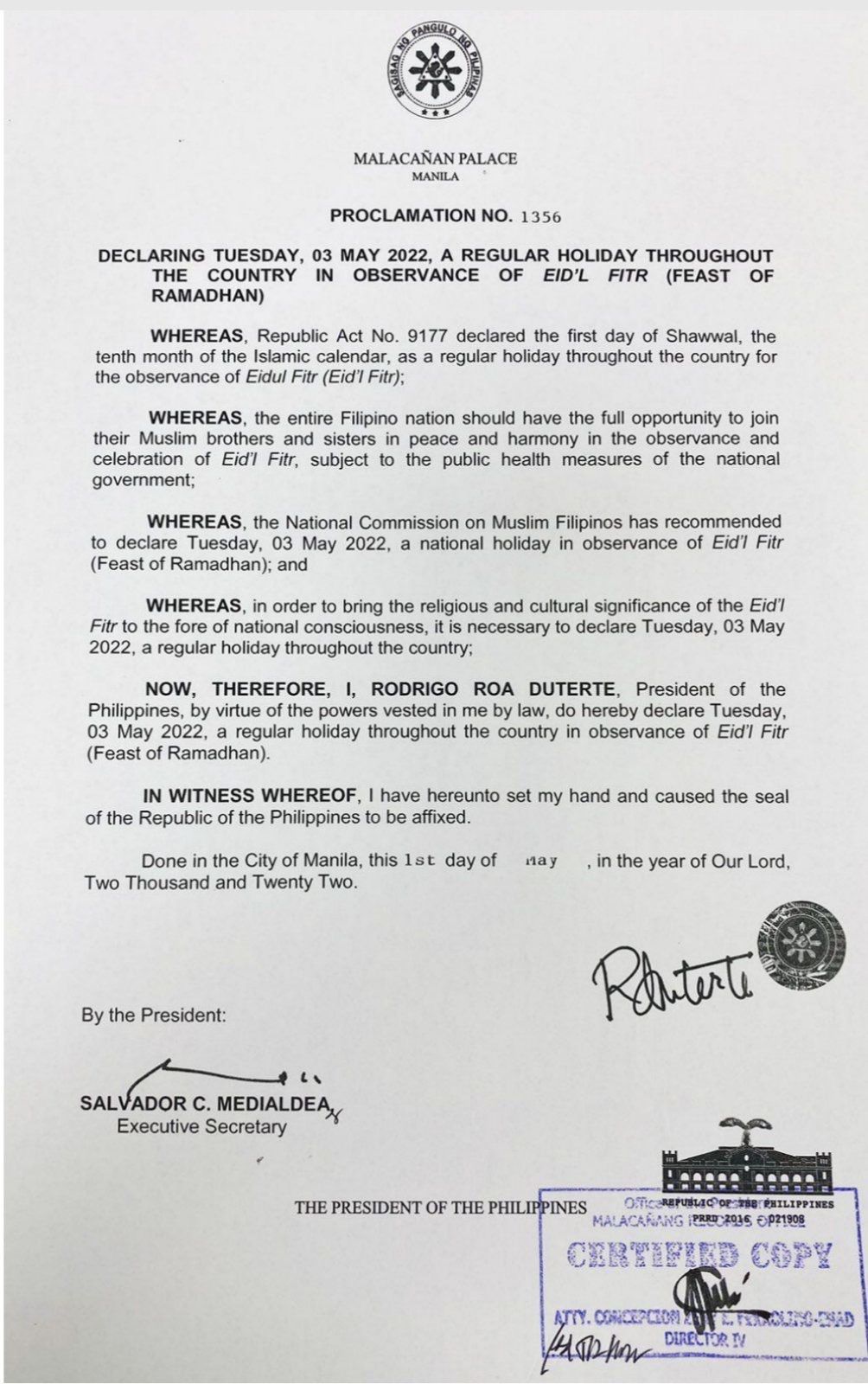
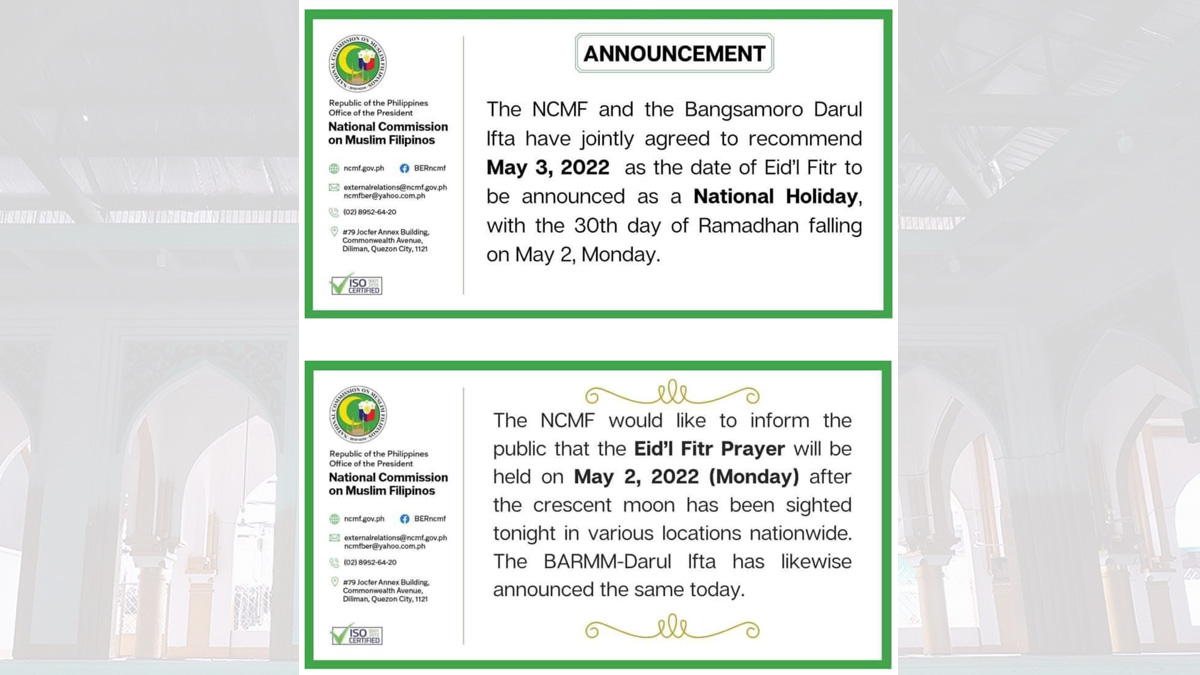
Eid Al-Fitr, also known as the "Festival of Breaking the Fast," is a time of great significance for Muslims worldwide. It marks the end of the holy month of Ramadan, a period of fasting, reflection, and spiritual growth. During Ramadan, Muslims fast from dawn to sunset, abstaining from food and drink to focus on their faith and connection with Allah. The celebration of Eid Al-Fitr is a time of great joy and gratitude, as Muslims gather with family and friends to break their fast and give thanks for the blessings they have received.


A Regular Holiday in the Philippines
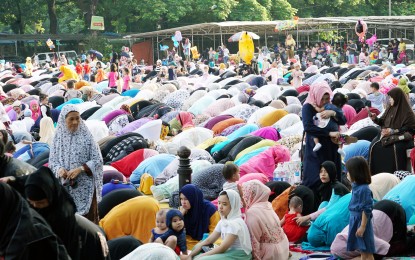
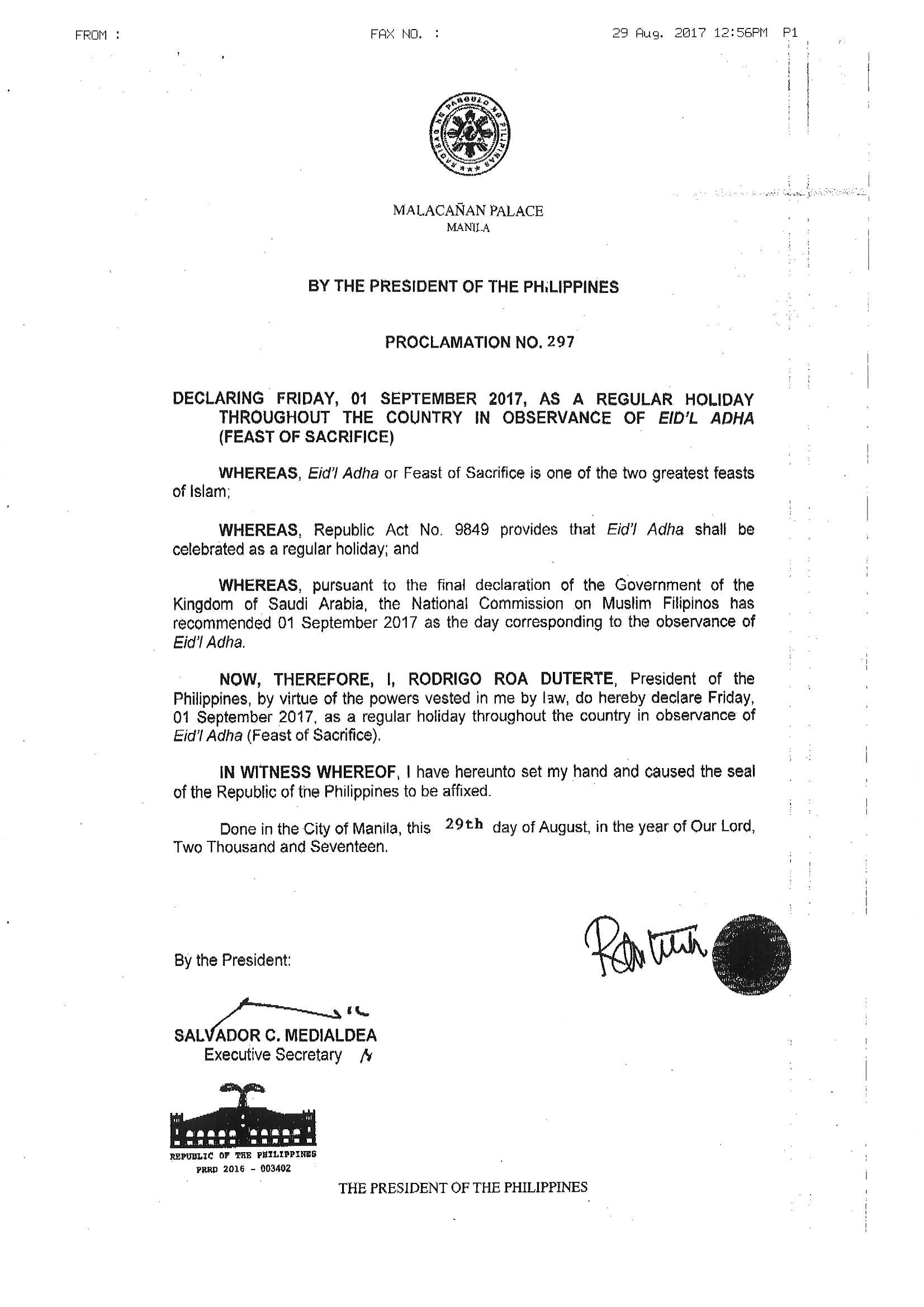
As a regular holiday, Eid Al-Fitr is a time for Muslims in the Philippines to come together with their loved ones, share traditional foods, and engage in acts of charity and community service. It is also an opportunity for non-Muslims to learn about and appreciate the Islamic faith and culture. Many Filipinos, regardless of their religious affiliation, join in the celebrations, fostering a sense of unity and solidarity among the nation's diverse population.
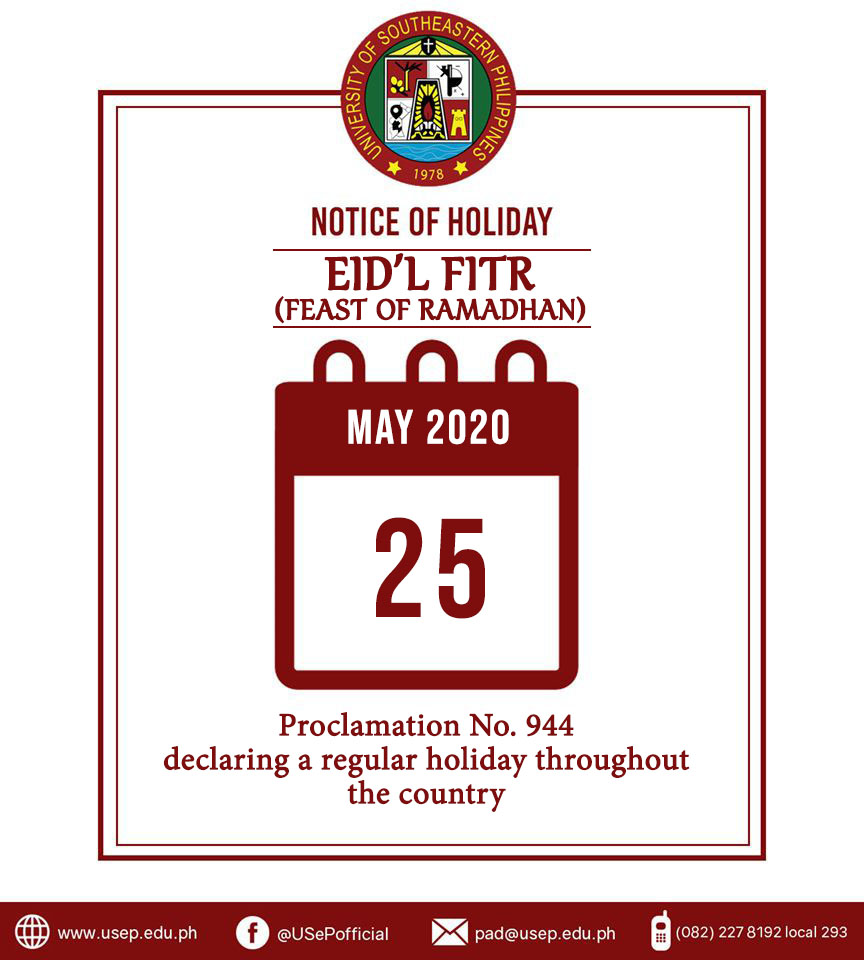

Celebrations and Traditions


In addition to the festivities, Eid Al-Fitr is also a time for acts of charity and kindness. Many Muslims in the Philippines engage in zakat (charitable giving) and other forms of community service, such as distributing food and other essentials to those in need. These acts of kindness and generosity reflect the values of compassion, empathy, and social responsibility that are at the heart of the Islamic faith.
Eid Al-Fitr 2025 is a significant event in the Philippines, marking the end of Ramadan and the beginning of a new period of spiritual growth and renewal. As a regular holiday, it provides an opportunity for Muslims and non-Muslims to come together, celebrate, and foster greater understanding and unity. By embracing the traditions and customs of Eid Al-Fitr, Filipinos can promote a culture of peace, respect, and inclusivity, reflecting the country's rich cultural diversity and its commitment to social harmony.Whether you are a Muslim or non-Muslim, Eid Al-Fitr 2025 is a joyous occasion that invites everyone to participate and celebrate. So let us come together to mark this special day, and may the values of compassion, kindness, and generosity that it represents inspire us to build a brighter, more harmonious future for all.
Note: The dates mentioned in the article are approximate and may vary depending on the lunar calendar and official announcements from the Philippine government.